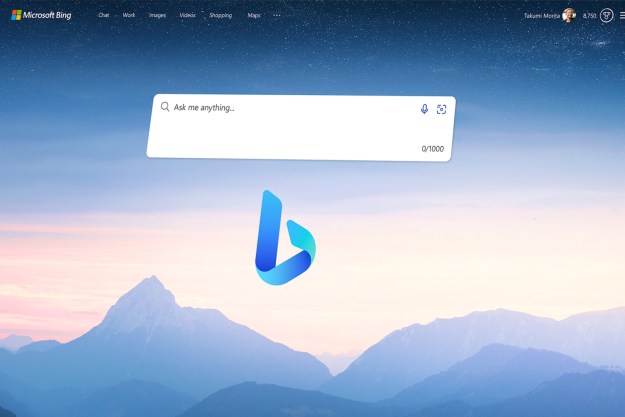After a nearly six-month-long journey through beta testing, Microsoft is finally getting ready to launch its new Chromium-based Edge browser. Announced today, November 4, during the first day of the Microsoft Ignite conference, the browser will be set to launch on January 15 on Windows 7, 8, and 10, and MacOS.
Although this launch is still quite a while away, Microsoft is making a release candidate of the new browser (which is based on Google’s open-source Chromium-engine) available for download. Unlike the current beta builds and insider channels, this release candidate version of the browser is close to what can be expected come January 15. It is also much more stable and bug-free but with the same new abilities that have been tested over the past few months.
Some of those new abilities include a “Collections” feature that helps users quickly gather a list of webpages in one central hub from right inside the browser. Other features range from tracking prevention to help preserve your identity online to an Internet Explorer mode for better compatibility with older websites.

Although based on Google Chrome, this new Chromium-based version of Microsoft’s Edge browser is quite different. It not only has a new icon to distinguish it from Chrome, old Edge, and Internet Explorer, but the overall user interface is quite a contrast.
As we pointed out in our original hands-on, this new version of Edge sports a fresh user interface with drop-shadow effects and a bit more rounded corners. It also better integrates with Progressive Web Apps, and other desktop operating systems and mobile platforms such as iOS, Android, and macOS. This allows the browsing activities and passwords you complete in Edge on your PC or Mac to be continued and carried over to your phone.
However, some of the features from the older Microsoft Edge browser — such as the ability to set aside tabs, and ink on web pages — are missing from the new browser. Still, Microsoft believes that this new browser will perhaps be the best come January. “Microsoft Edge runs on the same Chromium web engine as Google’s Chrome browser, offering you best-in-class web compatibility and performance,” said Yusuf Mehdi, corporate vice president of Modern Life and Devices for Microsoft.
Editors' Recommendations
- USB-C charging laptops: Here’s what you need to know
- What is YouTube Music? Everything you need to know
- What is SATA? Here’s everything you need to know about it
- What is a CPU? Here’s everything you need to know
- What is RAM? Here’s everything you need to know


